 |
| Huong River - endless source of inspiration for artists of the ancient capital |
From March 2023 to November 2023, the contest received nearly two thousand poems from more than 400 authors from all over the country. Most of the poems were written about the love of the Perfume River and Ngu Mountain, which is a mark of the heritage, culture, nature and people of Hue . The beloved places, lands and lagoons appear vividly and shimmeringly in the poems, sometimes like the music has resonated.
From the Bich Hoa village in Duc Son's poetry with the meditative rain "Voi voi Tuy Van" and the immense "Moon in the fishing port" to the relics covered with time, the faded traces. From the white sand beach of Phong Hai, along Tam Giang lagoon to the mountains and forests of A Luoi, a colorful, rustic, and noble Hue has appeared, to the deep, quiet notes like the Hue melody echoing forever in the afternoon of time. The nostalgia for Hue has made many stories, many rustic languages flow into the natural poetry pages like a call to return in the midst of a misty, smoky Hue.
Poet Nguyen Huu Quy “looks for a Ham Nghi/ the mountains and rivers are bright...”; his feelings under the moonlight reveal his heart that does not bow down to the enemy: “The Can Vuong edict shines in all directions”. The king is not only for the throne, the brocade flowers, the fame and fortune; the poet looks at the king’s figure as if looking at the shadow of beauty searching for the shape of the mountains and rivers, aching for the homeland when having to personally march thousands of miles. That is a tragic and nostalgic poem about an invaluable spiritual heritage left for future generations. Author Nguyen Quan with dense poetic lines about the beautiful old land with overflowing memories when the author still stands in those places with the loss and gain, with moss and new sunlight. In his poetry there is a warm harmony between nature, relics, signs associated with people, that is also the success of the use of words.
Author Lu Mai presents a strange poetic idea that echoes the past, clear and high in the midst of the endless meaning: "who told the moon to enter the realm/ who prophesied that the wound would heal quickly/ who cut the branches of the cold night/ the mist and smoke had to follow the beauty's footsteps"; the feeling of the words transforming into palace maids, into men who forcefully walk on the mulberry trees when they deeply feel "the sadness of the forbidden palace", when they hear the moss covering the steps of waiting forever, unable to go, unable to arrive. It is like the "Calling" of "Distant Guest" before "Knocking together" with the shadow of "Tea lady" with the "Whispering" beside the "Flashing phoenix" of "Vom Hue" resounding forever.
Hue appears with a new vitality. Nguyen Thi Kim Nhung's drawings of Hue are very thin, very fresh with "the oars drawing the Tam Giang lines", or "the fishing boat lighting the fire to feed the night" anchoring the aesthetic traces stirring the depths of the soul like a wave reminding the creations to follow. The verses "lighting up green consciousness" by Huynh Thi Quynh Nga write about a girl like a lily of the valley blooming white on the Huong River, premonition of a movement of consciousness amidst love tinged with "the endless night", "the river tilts like a dream"...
Almost all the most beautiful places, the relics of temples, mausoleums, from the city to the suburbs; the royal trees and flowers of Hue to the sunset, colors, moss are all put into poetry by poets from all over the region with care, placed in the most solemn places of the poetic space. Bui Thi Dieu with her poetic lines wrapped around the nostalgia of fragrant pine leaves, "the sacred leaves around the Nam Giao altar". In the poem "When will the rain stop", the author looks at "the gentle streets like the flowers of the land" and "on the mossy lagoon, the song/ ripens and creaks"; all are endless streams of nostalgia flowing and then condensing in the sun and rain of Hue.
Hue's features permeate the poems, creating a diversity of semantics, new from the familiar and simple. The beauty of Hue has made the poet's eyes discover subtleties like thin mist in the warm sunlight, as we have seen somewhere, but still Hue is very unique in Ngo Cong Tan's poetry: "Whoever cooks fragrant grass and pours it into the green/ The lake is also fragrant and the river is also fragrant". In the poem "One night on Hue's back", the author suddenly sees "father bent over to scoop up the moon in the field"; "suddenly hearing the scent of dawn/ soaked with the sound of falling bells...". Bach Diep's Hue at night, with its elegance in a garden house with a quiet mossy porch.
The Hue space in the poem is both old and new, blending together like a graceful fairy tale under the dawn, where everything is peaceful, as if the elegance of modernity has just begun to become old to see a bit of wistfulness, regret for what is present like the fading youth. Bach Diep's poetry with rain, with the uncertainty of the season full of vitality, love, though sad, is also full of storms about breaking free to occupy the space connecting a thread of fate like an invisible sweet thread of rain. The names of the poems sound like thin whispers: "Opening the green silk wings under the sun", "The land for a light breath"; that is the very soft "Call" of Hue but the echo is immense.
Each contest has its own criteria, especially poetry contests about a specific region. Hue is inherently poetic, and Hue poetry is an opportunity to reveal more of Hue's profound features; it is also a source of inspiration for those who have loved Hue to write better about their homeland.
Source


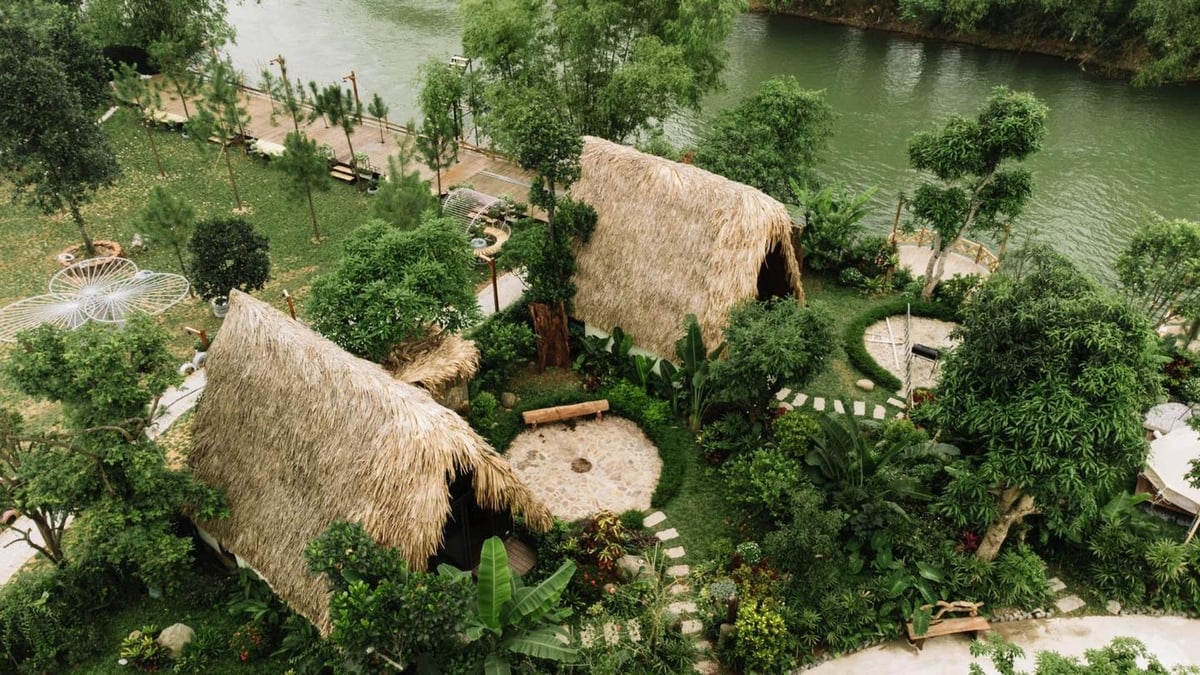
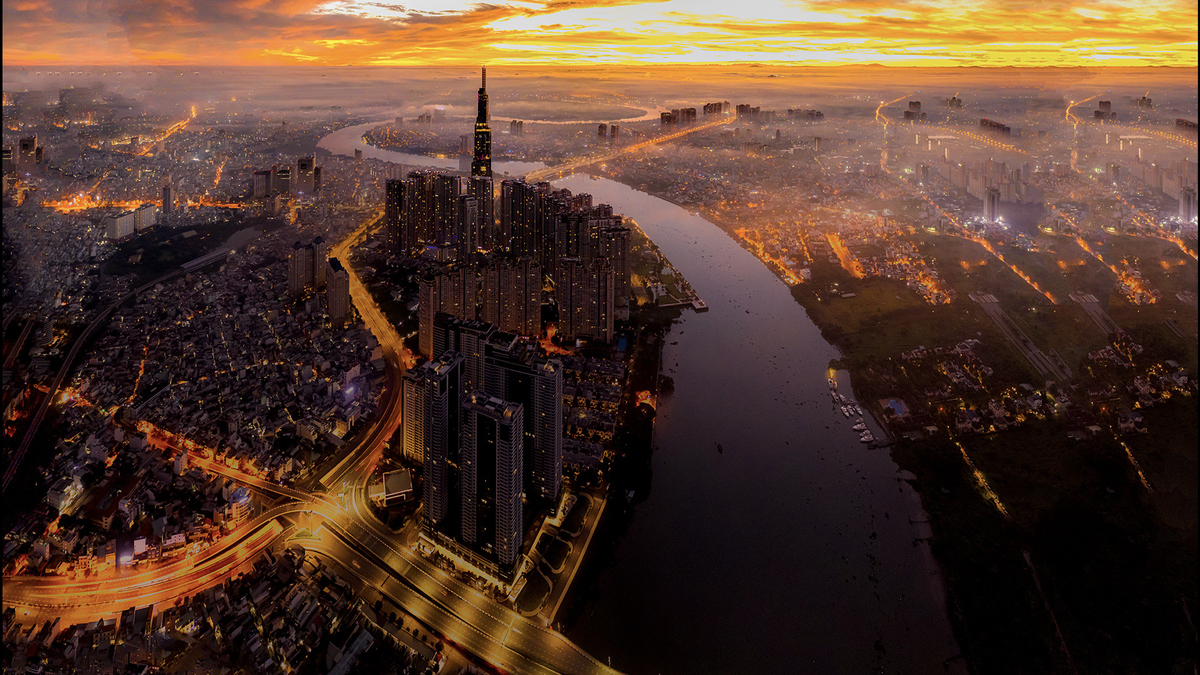
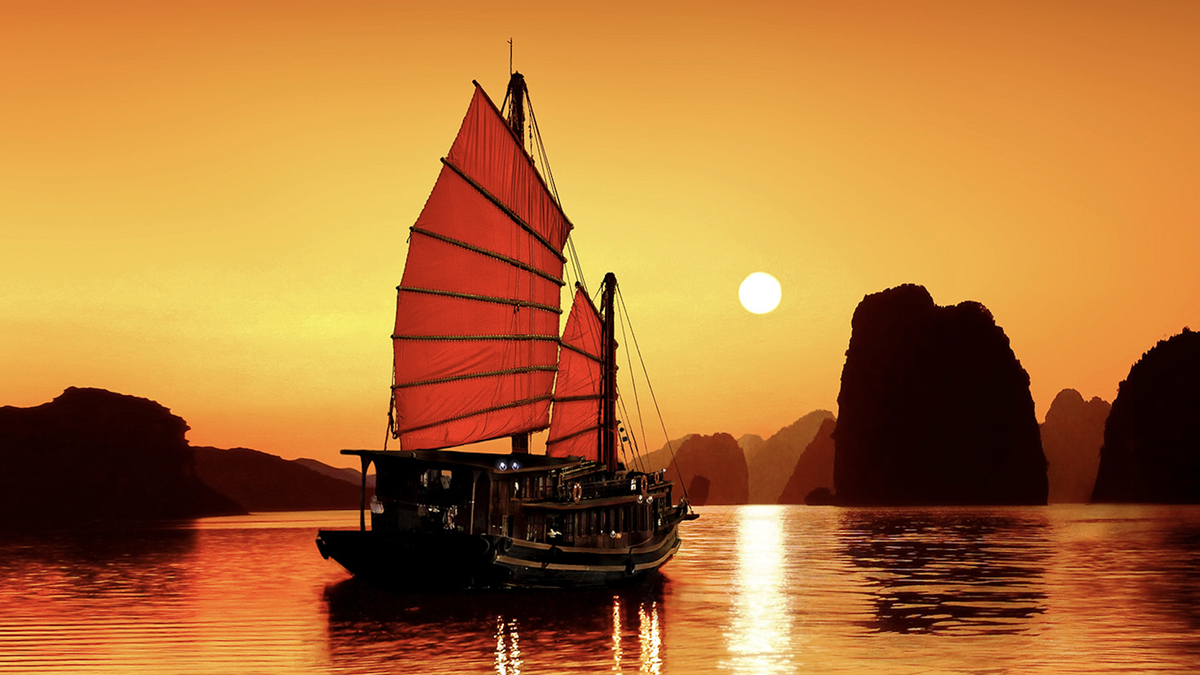
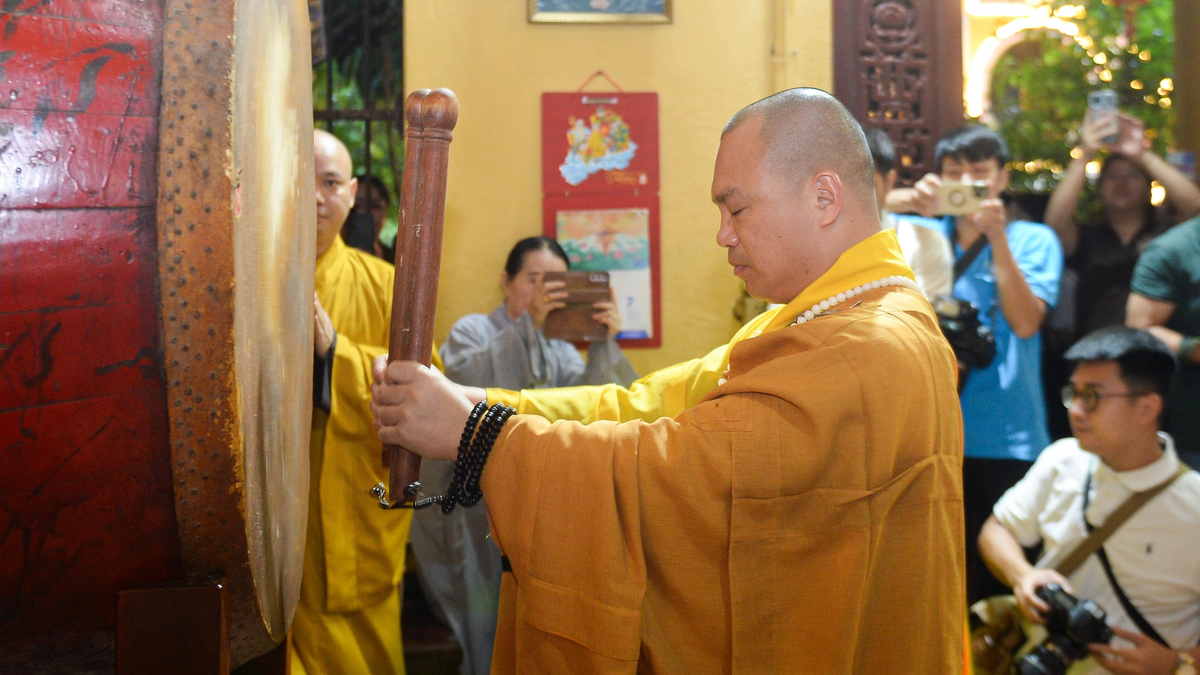
![[Photo] Standing member of the Secretariat Tran Cam Tu chaired a meeting with Party committees, offices, Party committees, agencies and Central organizations.](https://vphoto.vietnam.vn/thumb/1200x675/vietnam/resource/IMAGE/2025/7/1/b8922706fa384bbdadd4513b68879951)



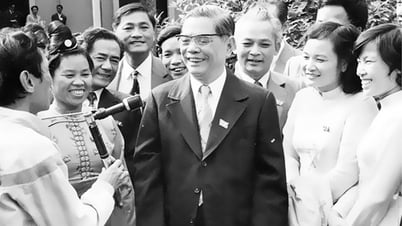
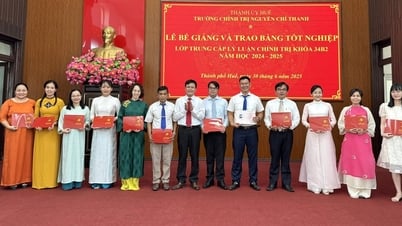


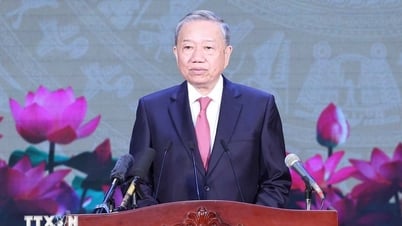




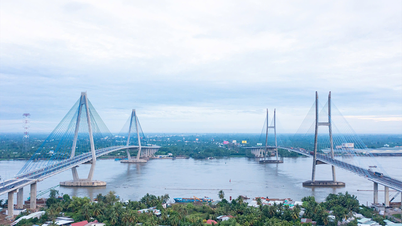
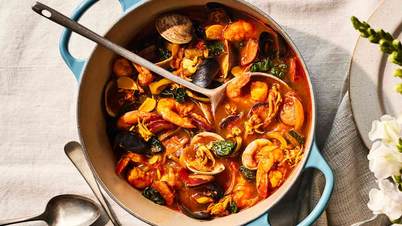
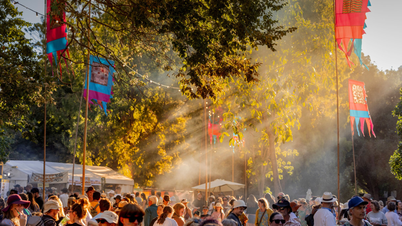
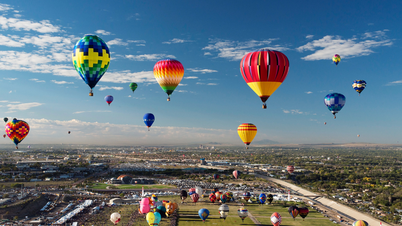
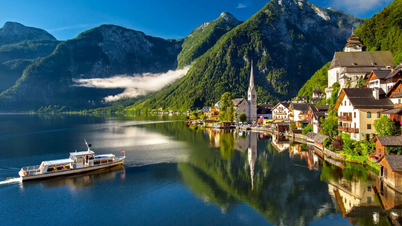
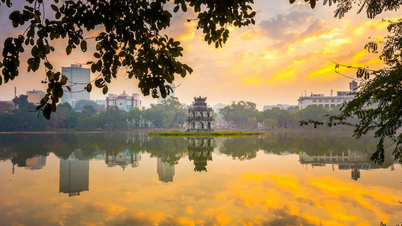
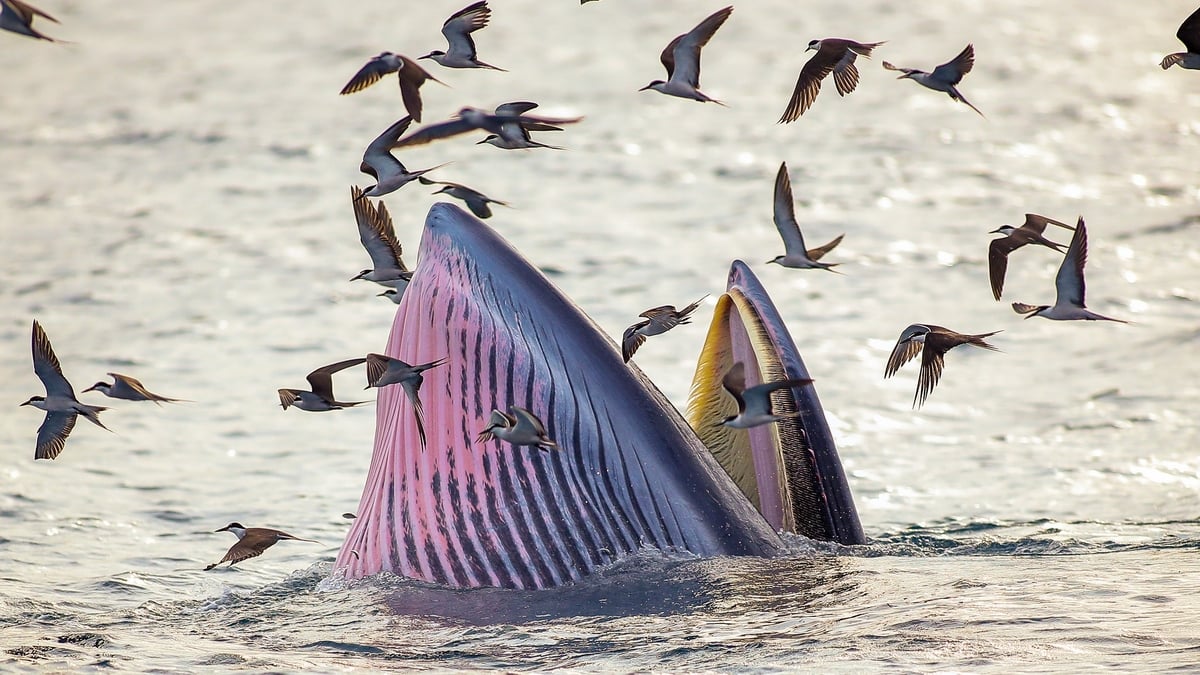
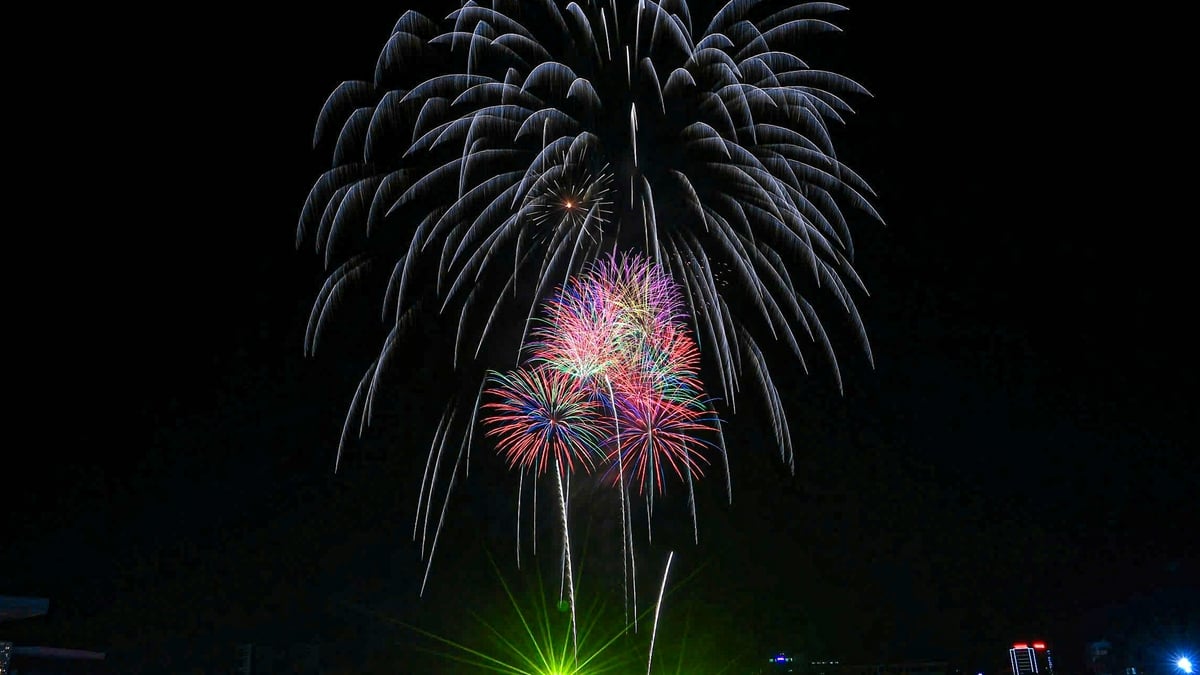
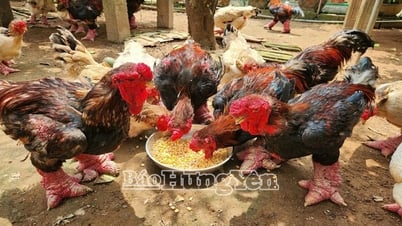

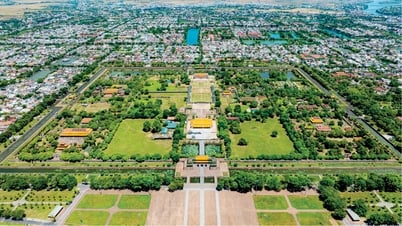
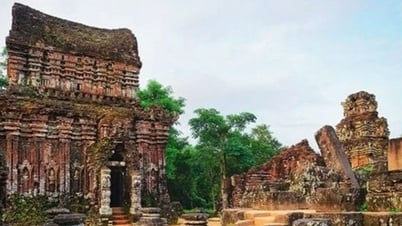



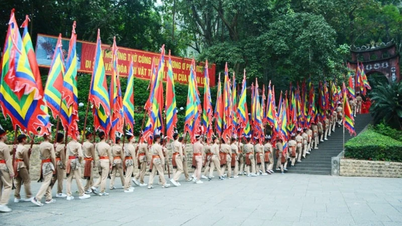

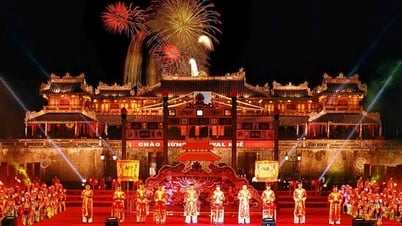





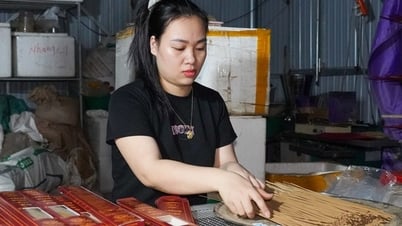



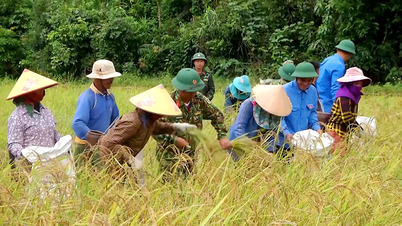
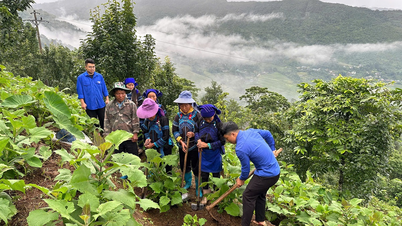
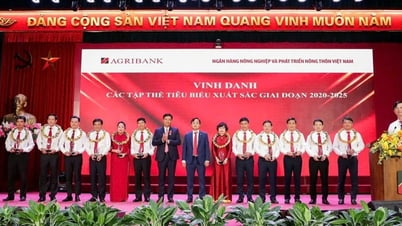



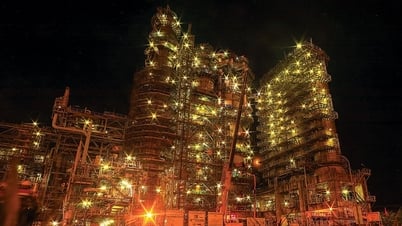

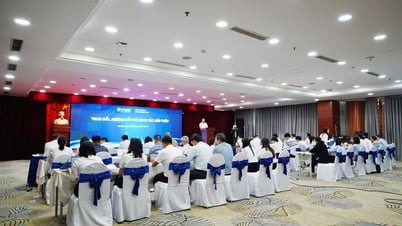


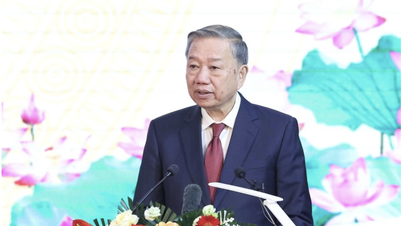
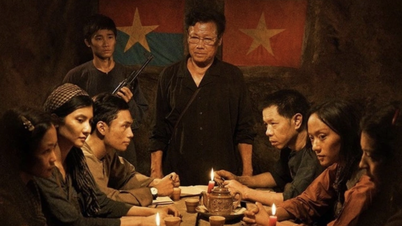

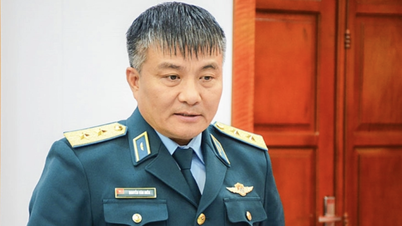
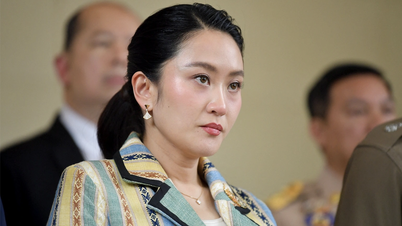



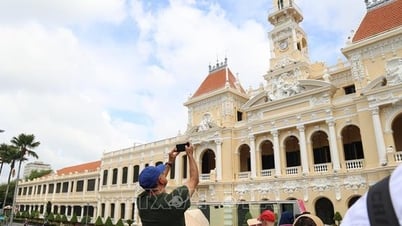


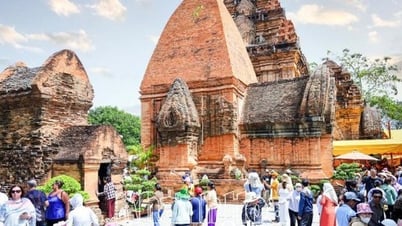

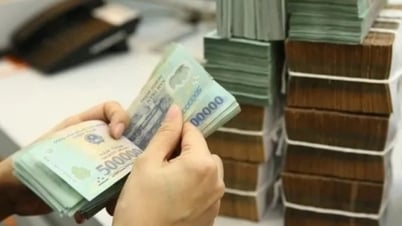

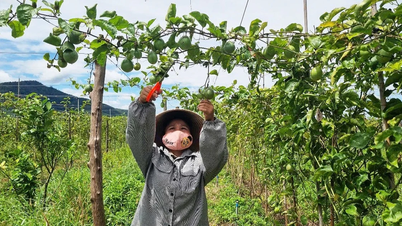

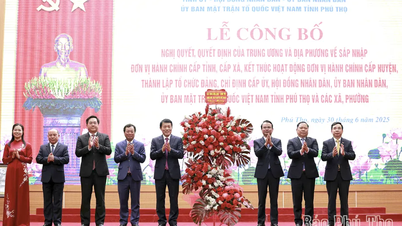

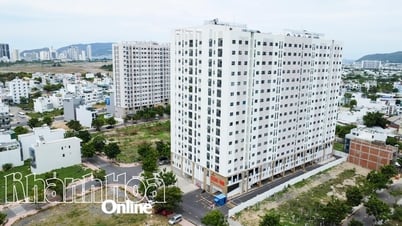







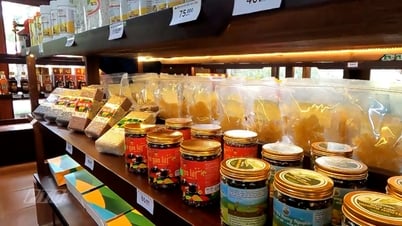







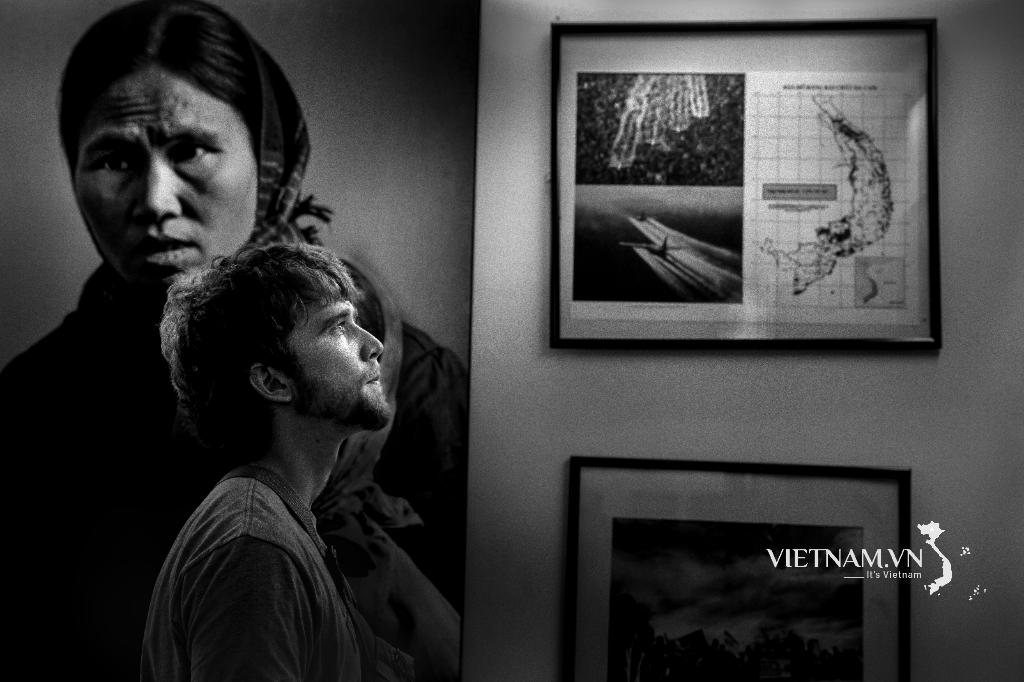
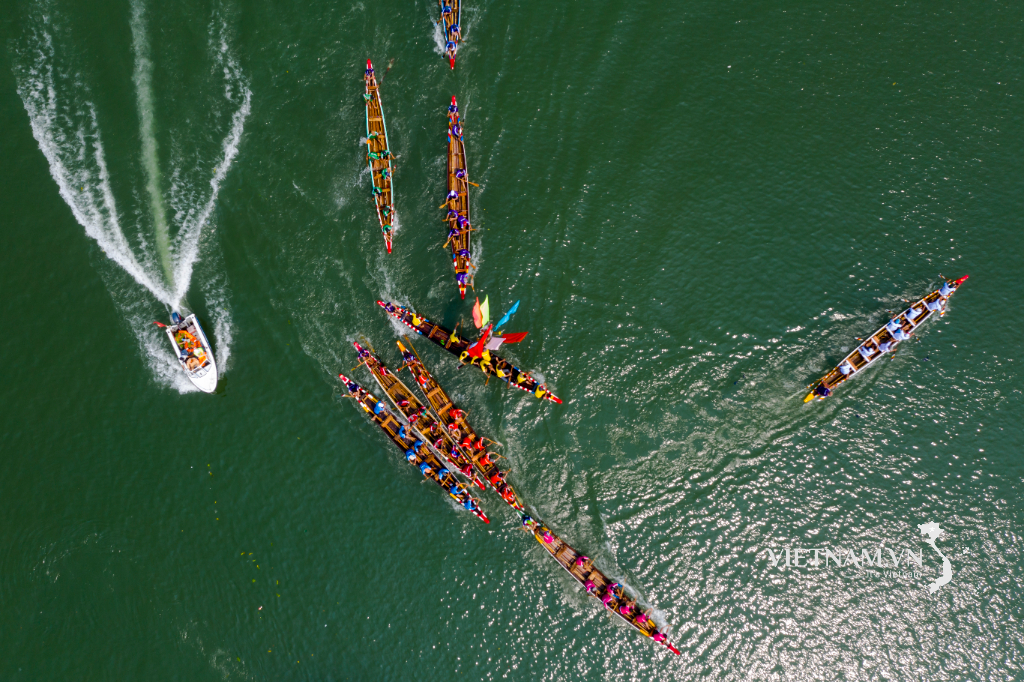
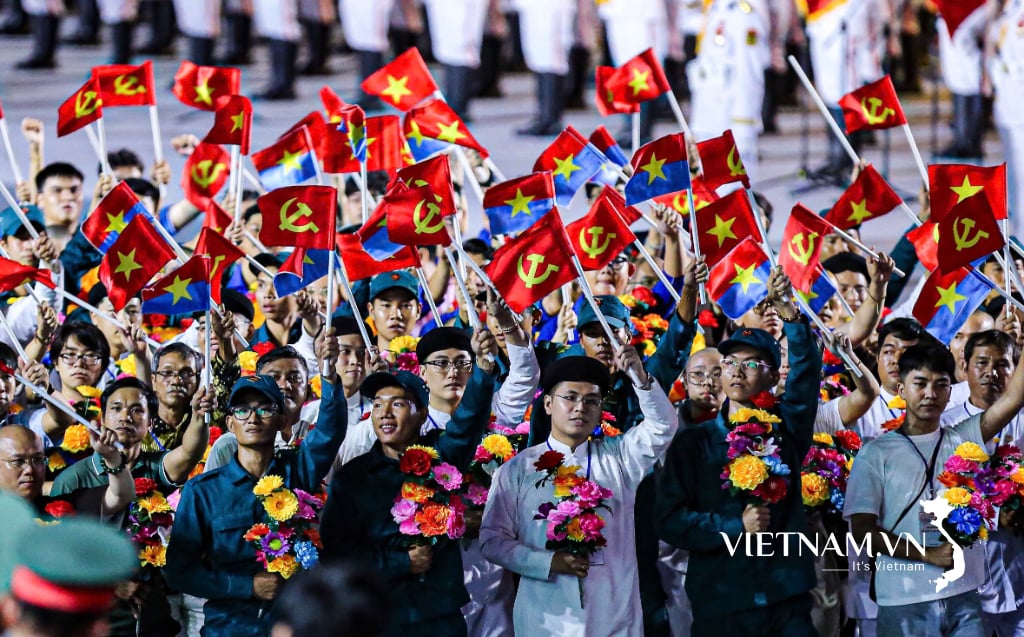
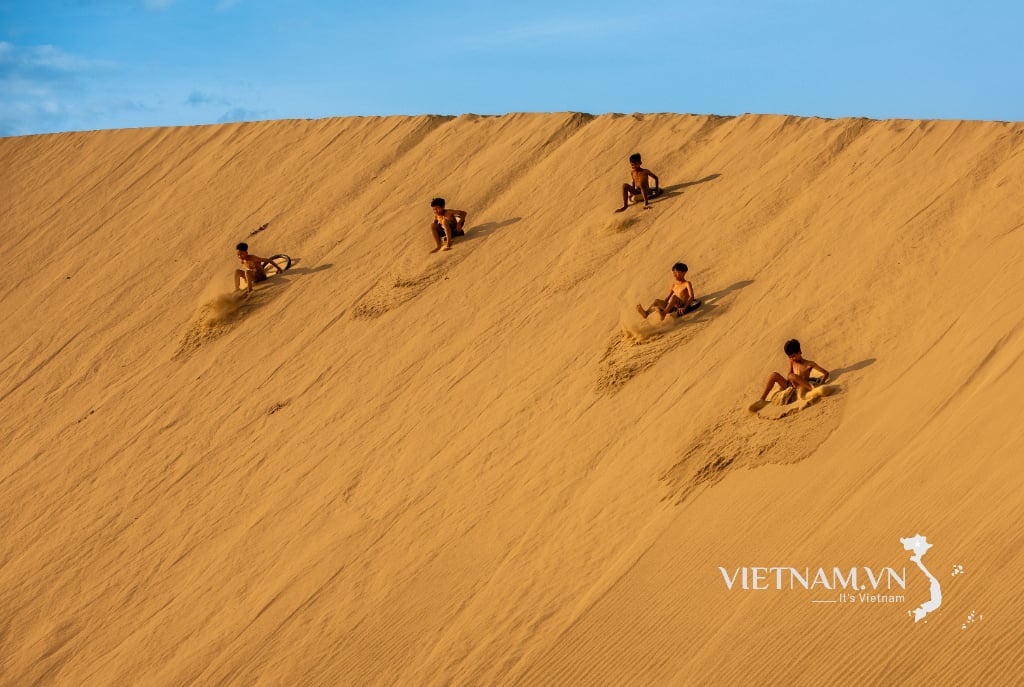
Comment (0)